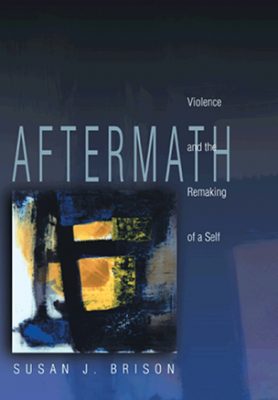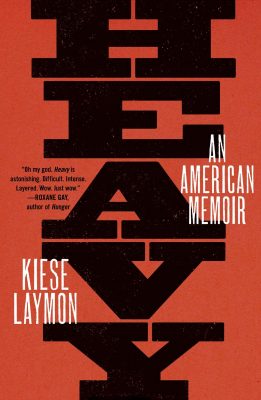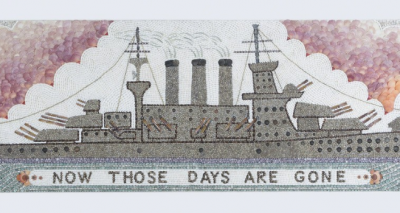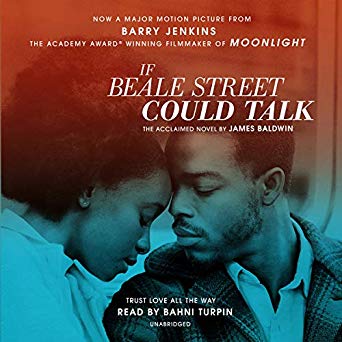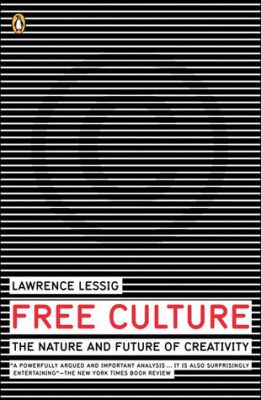
"According to the U.S. Constitution, the purpose of the copyright law is “To promote the Progress of Science and useful Arts.” To achieve this purpose, the Constitution balances two forces against one another. On one side, it harnesses the profit motive, giving creators an “exclusive Right” to sell or license “their respective Writings and Discoveries.” On the other side, it secures this right for “a limited term” so that others might build upon and reinterpret those writings and discoveries.
Over the last century, this balance has gotten out of whack in favor of longer and longer copyright terms and stricter and stricter enforcement of intellectual property rights. In Free Culture: how big media uses technology and the law to lock down culture and control creativity, legal scholar Lawrence Lessig details the history of this unbalancing and shows how the emergence of Internet culture exacerbates it. Lessig argues that the ease with which we can share and remix digital content demands a new balance, one with stronger protections for the public domain. Lessig reminds us that protecting copyright holders and their profits is not the purpose of copyright law, but merely a means of fostering creativity in the body politic. To understand the ways our digital culture changes our thinking about copyright, you should read Free Culture."
-Tom Scheinfeldt
Associate Professor,
Digital, Media & Design Department
Director of Greenhouse Studios
